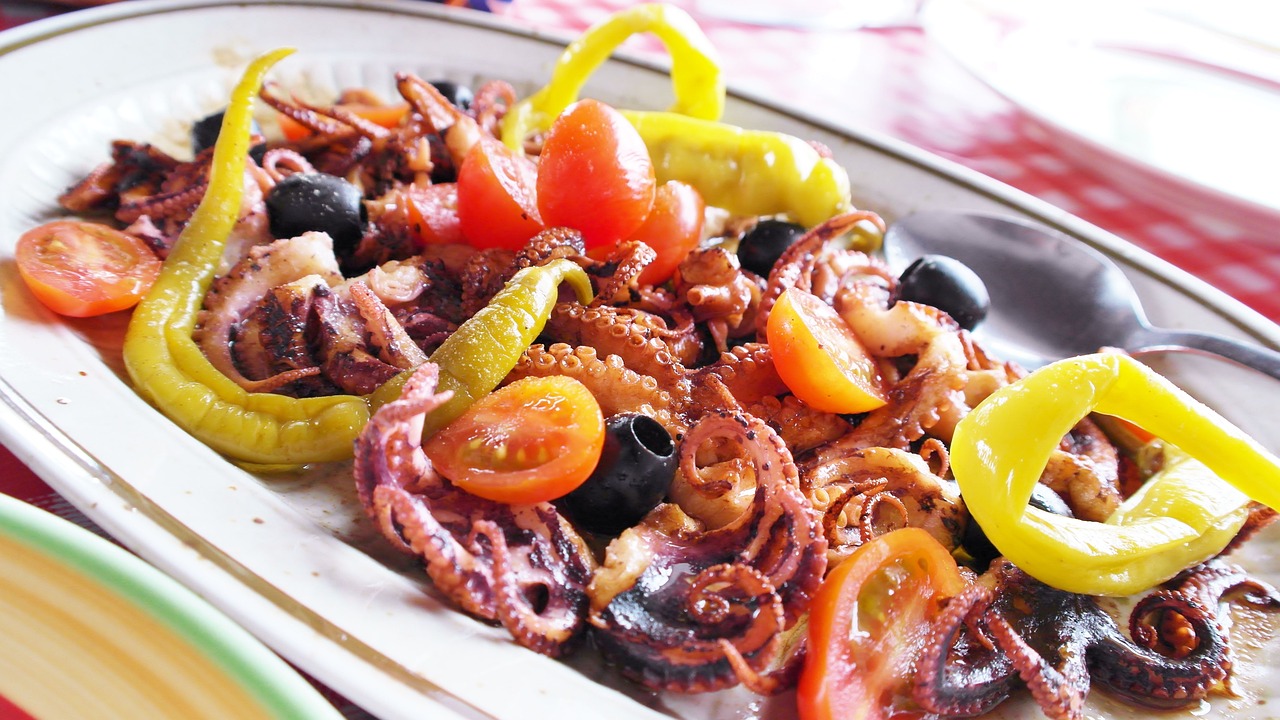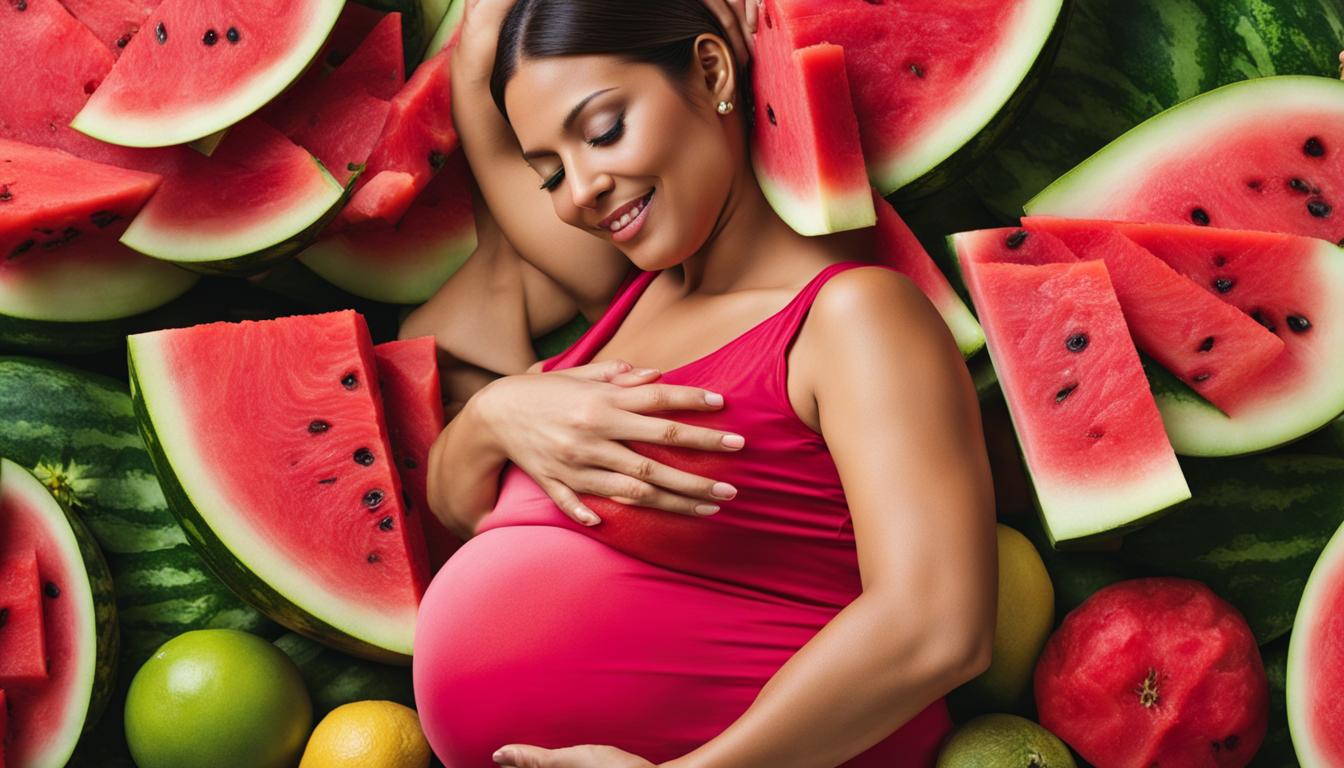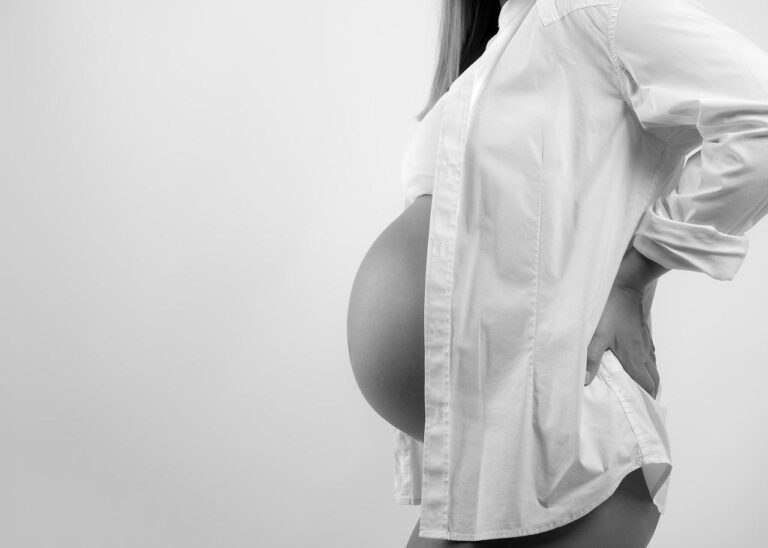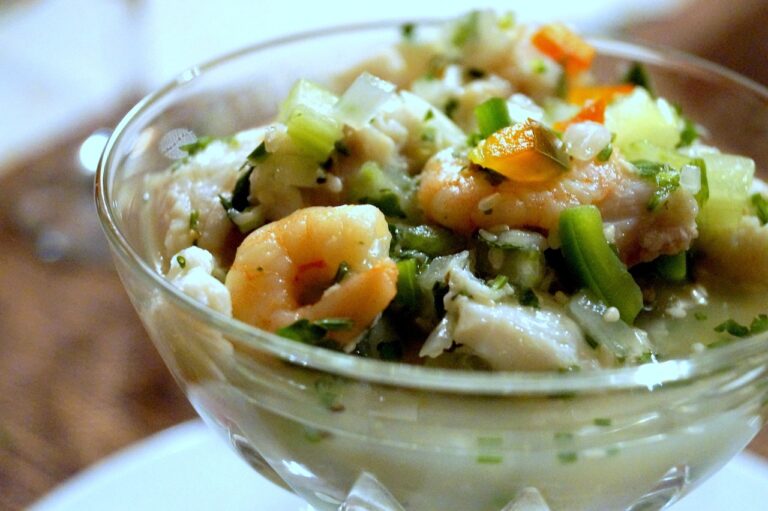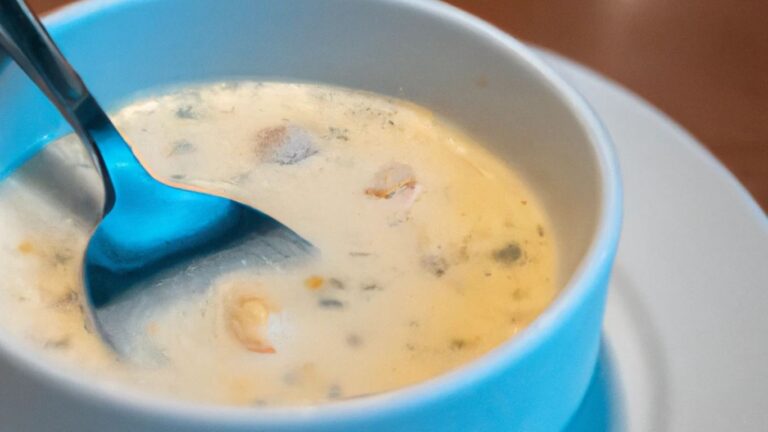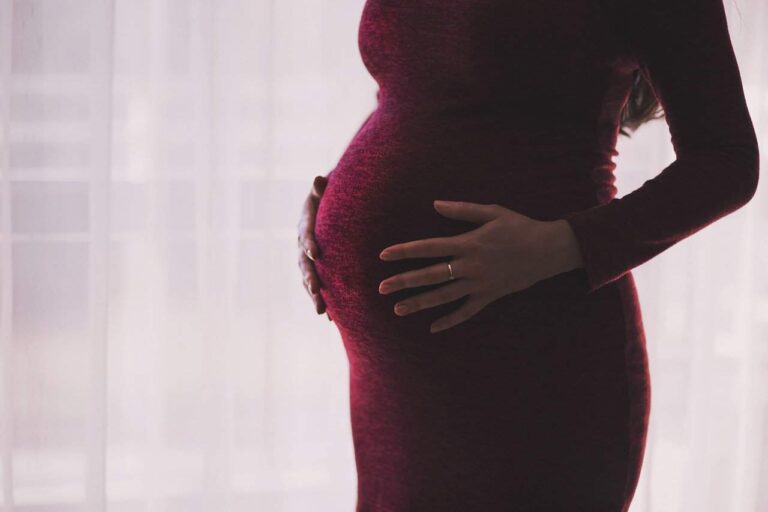Can Pregnant Women Eat Octopus? Plus 10 Alternatives
Navigating the dietary do’s and don’ts during pregnancy can be a complex journey, especially when it comes to seafood. A common query that surfaces is the safety of consuming octopus, a seafood delicacy enjoyed by many around the world. So, can pregnant women eat octopus? The answer is yes, but with some precautions.
Octopus, a member of the mollusk family, is indeed a seafood rich in essential nutrients like protein, omega-3 fatty acids, and vitamin B12, all vital for the optimal growth and development of the fetus. However, the way it is prepared plays a crucial role in its safety. Fully cooked octopus dishes are generally safe and can be a nutritious addition to pregnancy meals, offering benefits such as supporting fetal brain development and contributing to the mother’s nutritional needs.
On the flip side, pregnant women should steer clear of raw octopus preparations like carpaccio or ceviche, as they can harbor harmful bacteria and parasites. Additionally, while octopus doesn’t carry as high a mercury burden as some other seafood, mindful consumption is advised to avoid potential mercury-related complications.
Understanding these nuances, pregnant individuals can indeed include octopus in their diet, balancing it with other nutritious foods. For those who prefer to err on the side of caution, there are also fantastic alternatives to octopus that can be safely enjoyed, ensuring a varied, balanced, and beneficial diet during this critical period.
Is Octopus a Seafood?
Octopus is indeed classified as seafood, belonging to the mollusk family. Pregnant women can consume octopus as part of a balanced diet due to its nutritional benefits. Octopus is a good source of protein, which is essential for the growth and development of the fetus. Additionally, it is rich in omega-3 fatty acids, which are crucial for the baby’s brain and eye development. Octopus also contains various vitamins and minerals, such as vitamin B12, which helps in the formation of red blood cells.
However, caution must be exercised when consuming octopus during pregnancy. Raw octopus, such as in dishes like octopus carpaccio, may pose a risk of exposure to harmful bacteria and parasites. It is recommended to thoroughly cook octopus to eliminate any potential health hazards. Furthermore, pregnant women should be aware of the mercury levels in seafood, including octopus, as high levels of mercury can be harmful to the developing baby’s nervous system. Regularly consuming large amounts of octopus may lead to mercury accumulation in the body, so moderation is advised.
Can Pregnant Women Eat Octopus?
Pregnant women may have concerns about consuming octopus due to its classification as a seafood. The consumption of raw seafood, including raw fish, is generally not recommended for pregnant women. The U.S. Food and Drug Administration (FDA) advises against it, as raw seafood can pose a risk of foodborne illnesses and infections.
However, when octopus is properly cooked, it can be a nutritious addition to a pregnant woman’s diet. Octopus is rich in essential nutrients such as protein, iron, and various vitamins. These nutrients are vital for the growth and development of the fetus, particularly for the development of the nervous system. Additionally, octopus has a relatively low mercury level compared to certain other seafood options, making it a safer choice for pregnant women. It can be enjoyed in various dishes, such as octopus salad, which provides important nutrients while ensuring the safety of the mother and baby.
How Safe Is Octopus to Eat While Pregnant?
Octopus is a nutrient-rich seafood that many people enjoy including in their diet. When it comes to consuming octopus during pregnancy, it is important to consider the potential risks and benefits associated with its consumption. While octopus is generally considered safe for pregnant women to eat, there are certain factors to take into account.
One of the main concerns is the mercury levels found in octopus. Mercury is a naturally occurring element found in the environment and can accumulate in certain types of fish and seafood. Fortunately, octopus has relatively medium mercury levels compared to other seafood options. This is good news for pregnant women who want to incorporate octopus dishes into their diet while maintaining a healthy balance. However, it is still important to monitor overall seafood consumption, particularly fish with high mercury levels such as king mackerel.
Benefits of Eating Octopus During Pregnancy
Eating octopus during pregnancy can provide several benefits for a pregnant woman and her developing baby. One significant advantage is that octopus is a rich source of docosahexaenoic acid (DHA), which is an omega-3 fatty acid essential for the baby’s brain and eye development. DHA can also help reduce the risk of neural tube defects, such as spina bifida, in the baby. It is important, however, to consult with your healthcare provider before including octopus in your diet, as they can provide guidance based on your specific needs and circumstances.
Including octopus in various ways in a healthy pregnancy diet can be beneficial. Grilling, baking, or boiling octopus can ensure proper cooking methods are employed to minimize any risk of foodborne illnesses. Remember to avoid dishes that contain raw or undercooked octopus, as it may increase the risk of bacterial infections.
Risks of Eating Octopus in Pregnancy
Consuming octopus during pregnancy poses certain risks due to its potential high mercury levels. Mercury exposure can be harmful to the developing fetus and may lead to neurodevelopmental issues. Despite being a high-protein food that provides essential amino acids, pregnant women should exercise caution when it comes to their seafood choices. Opting for well-cooked octopus over raw or undercooked preparations can be a safer choice, as cooking can help reduce the risk of harmful bacteria and parasites that may be present in raw seafood. It is important to note that the mercury level in octopus may vary, so it is advisable for expectant mothers to limit their consumption and be aware of the types of fish with higher mercury content overall.
Emphasizing safety during pregnancy is crucial, and understanding the potential risks associated with the consumption of octopus can help inform dietary choices. While octopus does provide nutritional benefits, including protein and amino acids, it is essential to weigh these against the potential risks of mercury exposure. To ensure a healthy pregnancy, consulting with a healthcare provider or nutritionist can provide guidance on appropriate seafood choices and portion sizes. By making well-informed decisions and incorporating a varied and balanced diet, pregnant women can still enjoy the flavors of seafood while mitigating potential risks to their baby’s health.
Mercury Level in Octopus
Every pregnant woman wants to ensure she is making healthy choices for her and her baby. When it comes to seafood consumption during pregnancy, the mercury level in octopus is a topic of concern. According to the American Pregnancy Association, some types of shellfish, including octopus, may contain higher levels of mercury due to their position in the food chain.
Mercury is a heavy metal that can be harmful to the developing fetus. However, it is important to note that the consumption of seafood, including octopus, can still be part of a healthy diet during pregnancy. Octopus is an excellent source of lean protein and contains healthy fats that are vital for the development of the baby’s brain and eyes. While caution should be exercised, it is safe to say that enjoying octopus dishes, such as grilled or boiled octopus, rather than raw options like octopus sashimi, can still provide essential nutrients for both mom and baby.
What Octopus Dishes Are Not Safe When Pregnant?
When it comes to consuming octopus during pregnancy, it is important to be cautious about the different ways it is prepared. While octopus can be a delicious addition to your meal, certain dishes may pose a risk to expectant mothers. One major concern is the internal temperature of the octopus. Undercooked seafood, including undercooked octopus, can carry harmful bacteria and increase the risk of infections. Therefore, it is crucial to ensure that octopus is cooked thoroughly, reaching an internal temperature of at least 145°F (63°C) to eliminate any potential pathogens.
Another factor to consider is the type of seafood it is being combined with in certain dishes. Some octopus dishes may include ingredients from other food groups, such as raw fish or shellfish. These types of seafood can also pose a risk if they are not cooked properly. Pregnant women should avoid consuming any dishes that involve raw or undercooked octopus mixed with other types of seafood, as the combination increases the potential for contamination and foodborne illnesses.
10 Alternatives To Eating Octopus While Pregnant
- Salmon: Especially wild-caught, is a highly recommended source of omega-3s and is considered safe for pregnant women when cooked properly.
- Sardines: These are one of the most concentrated sources of omega-3 fatty acids and are also a good source of vitamin D.
- Anchovies: Often used as an addition to salads or pizza, they are rich in omega-3s and can be a good substitute for octopus.
- Chia Seeds: An excellent plant-based source of omega-3s, these seeds are versatile and can be added to everything from smoothies to oatmeal.
- Walnuts: These nuts are another plant-based source of omega-3 fatty acids and make a great snack or addition to various dishes.
- Flaxseeds: Known for their high omega-3 content, they can be ground and added to a variety of foods, offering a good alternative for those avoiding seafood.
- Herring: Often available smoked or canned, herring is a fatty fish that’s packed with omega-3s.
- Mackerel: This type of fish is rich in omega-3s and can be a part of a healthy diet when consumed in moderation due to its higher mercury content.
- Algal Oil: A type of oil derived from algae, it’s a plant-based source of omega-3s and a great option for vegetarians and vegans.
- Edamame (Soybeans): These are young green soybeans often found in cuisines like Japanese, Chinese, and Korean.
FAQ’s
Is octopus considered a seafood?
Yes, octopus is considered a seafood as it is a marine animal.
Can pregnant women eat octopus?
Yes, pregnant women can eat octopus as long as it is properly cooked and consumed in moderation.
How safe is it to eat octopus during pregnancy?
Octopus is generally safe to eat during pregnancy when it is cooked thoroughly to kill any potential bacteria or parasites.
What are the benefits of eating octopus during pregnancy?
Octopus is a good source of protein, vitamins, and minerals like iron and omega-3 fatty acids, which can be beneficial for both the mother and the baby’s development.
What are the risks of eating octopus in pregnancy?
The main risks of eating octopus during pregnancy include the potential presence of harmful bacteria or parasites, which can cause foodborne illnesses if not properly cooked.
What is the mercury level in octopus?
Octopus generally has low levels of mercury, making it a safer seafood option for pregnant women compared to certain types of fish that may have higher mercury content.
What octopus dishes should pregnant women avoid?
Pregnant women should avoid consuming raw or undercooked octopus dishes, such as sashimi or ceviche, as they may contain harmful bacteria or parasites that can pose a risk to the pregnancy.

